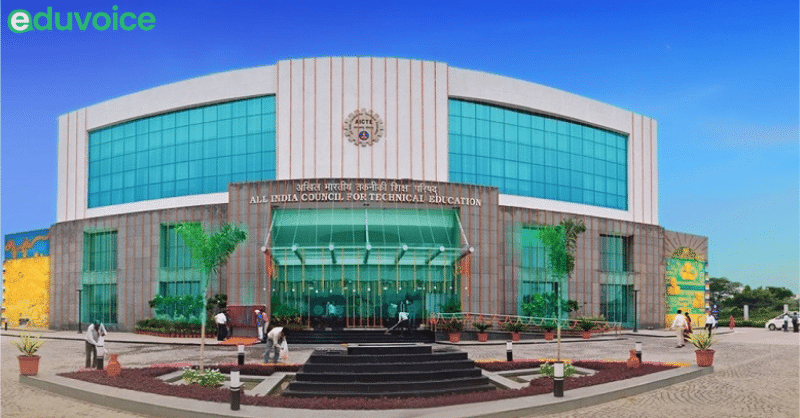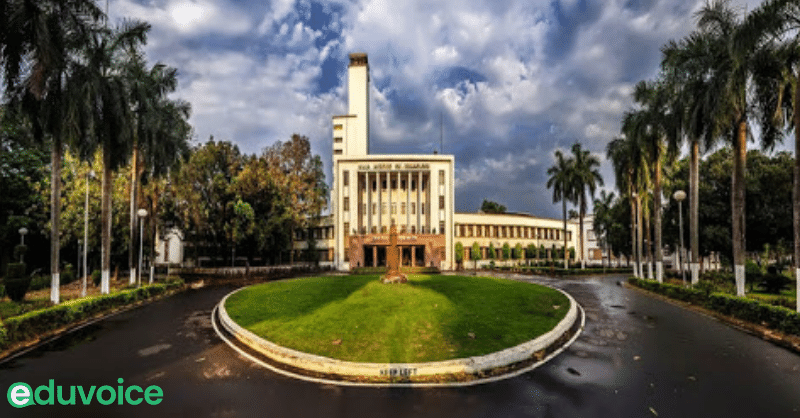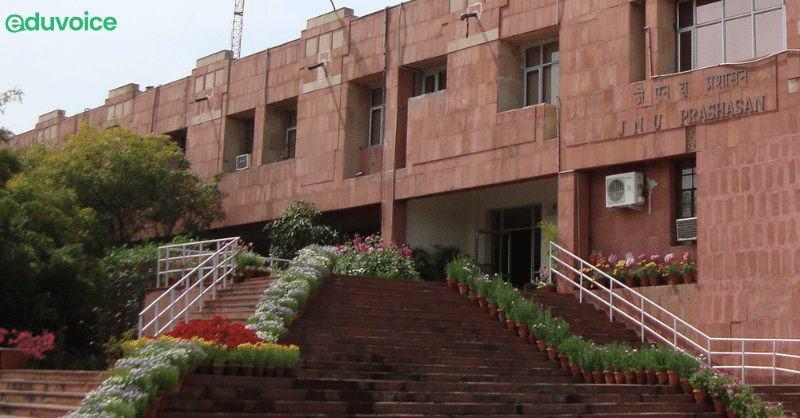All India Council for Technical Education (AICTE) and Technology, Education, Research and Rehabilitation for the Environment (TERRE) took a voluntary pledge along with the Vice-Chancellors of 12 affiliated universities to develop a roadmap to achieve carbon-neutrality in the campuses in an event named ‘Not Zero Net Zero’ on the anniversary of Paris Climate agreement. They […]
Tag Archives: university
The Central University of Punjab, Bathinda (CUPB) is scheduled to organize a Virtual International Akhand Conference on the theme ‘Transforming Youth to Restore Global Peace’in collaboration with Global Educational Research Association (GERA) on 6th-7tyh January 2021. The Hon’ble Minister of Education, Govt of India, Ramesh Pokhriyal ‘Nishank’ has kindly consented to grace the inaugural session as […]
IIT Kharagpur and Cardiff University have jointly bagged the Global Challenges Research Fund – Impact Acceleration Account (GCRF-IAA) Project 2020 and they are set to jointly develop a wastewater treatment solution. Researchers from IIT Kharagpur and Cardiff University have jointly bagged the Global Challenges Research Fund Impact Acceleration Account (GCRF-IAA) Project 2020 towards the development […]
Members of Jawaharlal Nehru University Students’ Union (JNUSU) assembled outside the vice-chancellor’s office on Monday and demanded that students of social sciences also be allowed to return to the campus. The university administration maintained that the students will be called back in phases as, despite utmost precautions, there are 39 active COVID-19 cases on the […]
MIT World Peace University (MIT-WPU), Pune organized the fourth session of the National Teachers’ Congress to discuss National Education Policy (NEP 2020). The fourth session of National Teachers’ Congress (NTC) organized by MIT World Peace University (MIT-WPU), Pune was attended by Ms. Najma Heptullah, Chancellor, Jamia Millia Islamia, Rahul Karad, executive president, MIT University, Dr. […]





